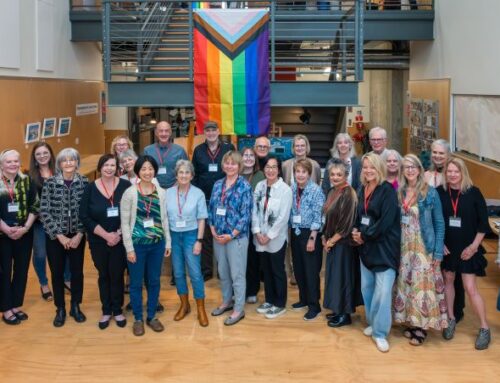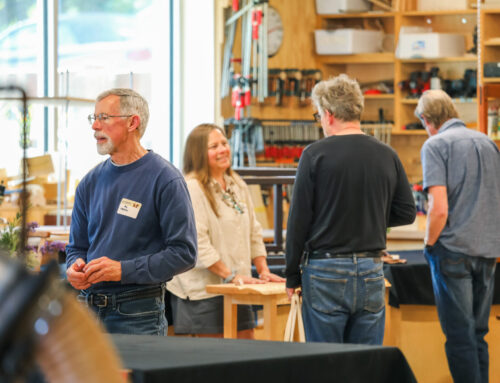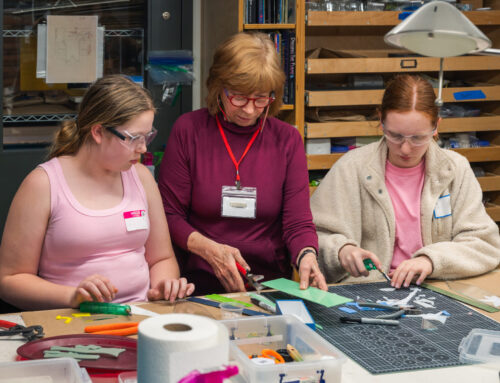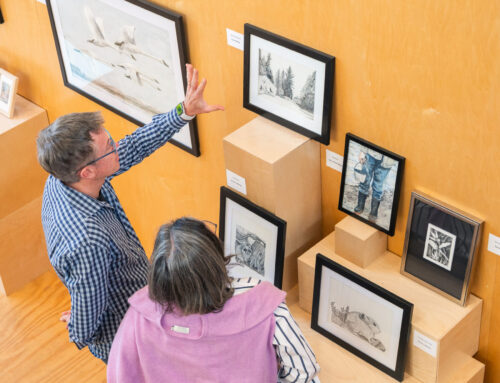
Erin Wilcox is a distinguished writer, developmental editor, and copyeditor whose expertise spans literary genres, from speculative fiction to creative nonfiction and children’s literature. With a robust background that includes editing works by celebrated authors such as Grace Paley and Gregory Pardlo, Erin brings a wealth of experience and passion to every project she undertakes.
Her journey into the world of editing began at Alaska Quarterly Review, where she refined manuscripts that went on to earn nominations for prestigious awards. She later served for several years as the nonfiction editor of Drunken Boat, making all final curation decisions for the nonfiction section. As a nonfiction editor, she coedited a special portfolio with Texas poet laureate Lupe Mendez, highlighting the work of the Librotraficante movement to fight the elimination of Mexican American Studies in Arizona.
Beyond her editorial accomplishments, Erin is an accomplished writer and educator. She holds an MFA in creative writing and literary arts from the University of Alaska, Anchorage, and a BA in comparative literature from UC Berkeley. Her creative works have appeared in esteemed publications such as Praxis, The Sonoran Desert: A Literary Field Guide, and Crack the Spine, where her story “Half a World Away” was nominated for a Pushcart Prize.
As a respected voice in the editing community, Erin has contributed significantly to the profession as a board member of the Editorial Freelancers Association and the founder of its Arizona chapter. Her insights into building effective freelancer-client relationships and navigating the complexities of publishing have been shared in industry publications like Copyediting and The Freelancer, offering invaluable guidance to aspiring writers and editors alike.
Q&A with Erin Wilcox
Q: How do you approach editing different genres, and what unique challenges does each present?
Erin: “I’ve had the privilege of editing across various genres, from literary fiction to speculative fiction and memoir. Readers from each genre care about different aspects of the writing and content. For example, mystery readers may not care what kind of cloth a character’s outfit is made of unless it’s a clue, but a fantasy reader will care about such details because they want to feel transported to another world, and a character’s clothes come from fibers of plants that grow in this setting. My work is about understanding the nuances of genre-specific expectations and guiding authors toward realizing their creative vision. My approach varies depending on where a writer is in their creative process.”
Q: What do you wish more people understood about working with an independent editor?
Erin: “There’s sometimes a misconception that any editor can handle developmental editing regardless of genre. Understanding the audience’s expectations within each genre is crucial at that stage when the writer is designing and iterating the story. Authors seeking developmental help should look for editors with experience in their specific genre to ensure their manuscript resonates with its intended readership.”
Q: What key strategies do you recommend for writers seeking to establish and maintain productive partnerships with editors and publishers?
Erin: “Preparation is key. Writers should do some work to understand their goals and the manuscript’s needs before seeking editorial support. Budgeting and allocating funds are often overlooked but essential—whether for hiring a developmental editor or covering production costs for self-publishing. It’s also important to differentiate between editorial roles—project management, copyediting, etc.—and tailor your approach accordingly, whether pursuing traditional publishing or navigating the independent route.”
Q: Can you tell us about your upcoming point of view masterclass and its relevance to writers across genres?
Erin: “The class is designed for fiction and memoir writers looking to deepen their understanding of point of view (POV). We explore the elements of POV, including how narrative distance influences reader engagement. We’ll also delve into exercises that illuminate some of these nuances and how they create different effects. Whether you’re crafting sweeping overviews or delving into stream of consciousness, understanding POV enhances every aspect of storytelling.”
Stay up to date with monthly Writers’ Studio newsletters. Subscribe today to receive them in your inbox.





Follow Us